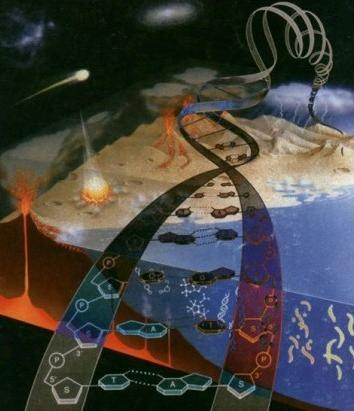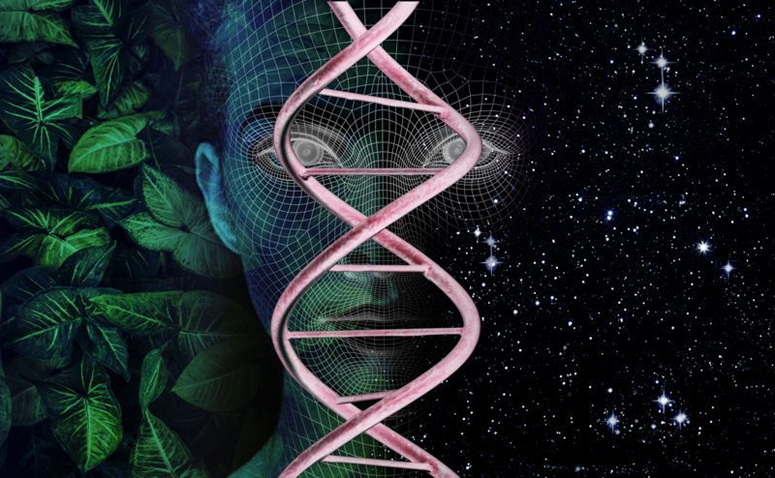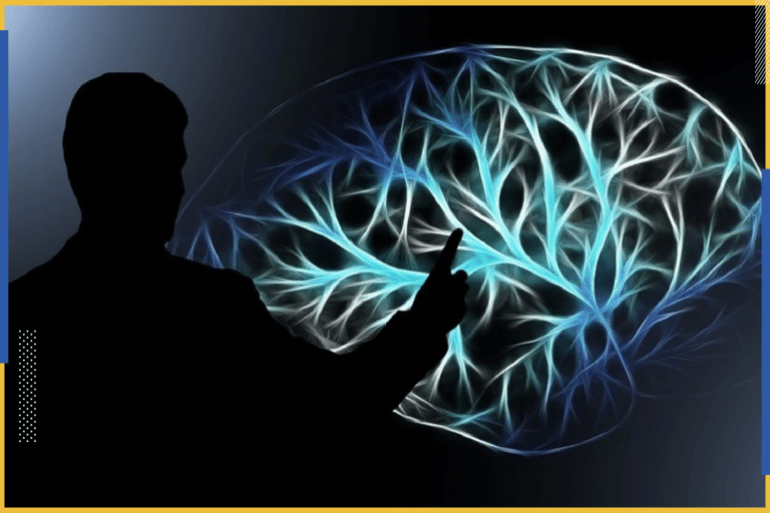Humans are changing the course of evolution in ways we never expected

Nowadays, many people can list a number of ways in which groups create chaos on this planet. The answer in this research is not academic, but it can show us how bad things are. Zoologist Sarah Otto talks in detail about how humans produce chaos, with the aim of raising the question of how this affects evolution and biodiversity in general. “The speed with which the biotic and abiotic environment of species has changed has actually changed the evolutionary trajectory of species in an upward direction,” Otto says in her latest article.
Change in ecosystems is nothing new. We have lost approximately 90% of all species that have ever lived on Earth, as happened with the dodo, making extinction an inevitable feature of the biosphere. But the forces that have seen species rise and fall in previous times tend to be much slower compared to what has been happening over the past century and beyond. The human population 100 years ago was about 1.8 billion people. The number is now approaching 7.6 billion people, or a growth rate of 1% per year.
If the growing number of food-demanding mouths wasn't bad enough, humanity's footprint on the overall biosphere will be increasing at half the rate of human population growth.

The increasing number of people with a significant impact on the environment has led to an increasing rate of devastation, raising the global extinction rate, and witnessing the end of a large number of creatures compared to the lifetime of a single human being. On average, we have stripped the Earth's topsoil by 2 meters (6 feet) of carbon, raising the planet's temperature by 1 degree Celsius (1.8 degrees Fahrenheit), and lowering the acidity balance of the oceans by 0.1 standard units. Not only are these impacts huge, they are unprecedented in speed, meaning we have little to know about the normal biological response to this rapid shift. “The numbers suggest that the world's biodiversity is changing, through evolutionary change within and between species levels,” Otto says.
The pressures affecting this shift in biodiversity can be classified in different ways. Otto sets aside intentional selection pressures—those we intentionally enact by hybridizing new species or through genetic engineering—and focuses on those we accidentally influence. For example, simply put, we influence the way animals move, plants grow, and microbes reproduce by modifying natural physical appearance and adding new structures. This has a radical effect on the survival or disappearance of species, or it subtly affects their functions and morphology (morphology: the science concerned with the study of the form and structure of living organisms and their distinctive characteristics).

Otto says: “The wingspan of the swallows has evolved to be shorter within the living area close to the roads, as the majority of swallow victims caused by traffic have long wings, and this change makes them suitable for maneuvering and avoiding accidents between vehicles.” We have also modified the living environment, rapidly growing species along paths that would otherwise have been disruptive to the spread of these species. Then there is the obvious pressure imposed by our predatory needs and demands, such as hunting animals of the required size, or getting rid of weeds, or pests that harm our crop yields.
There is no shortage of examples regarding lost species and remarkable adaptations to human existence. But the rate at which new species emerge is still shrouded in mystery.
“There's less information about how humans change the rate of diversification,” Otto says. There are many estimates, the most optimistic of which predict that it will take millions of years for some types of biodiversity to return to their pre-modern state. We are like destruction, but in return we have contributed to increasing genetic diversity in some ways, whether through population distribution or creating niches in the new environment.

This all adds up to explanations for the balance of biodiversity over long time periods to come. Is there some kind of broad equilibrium that can be achieved in this new evolutionary landscape? Or do human pressures continually expose us to inevitable and increasing hardship? Otto believes that our lack of knowledge is a problem. “As we have seen the development of antibiotic resistance,” she warns, “humans may impose a choice, but we will often not remain the superpower.” When it comes to the environment, the news isn't always good. But we should be concerned about the fact that we still know very little about our impact.
This study was published in (Proceedings of the Royal Society B)

